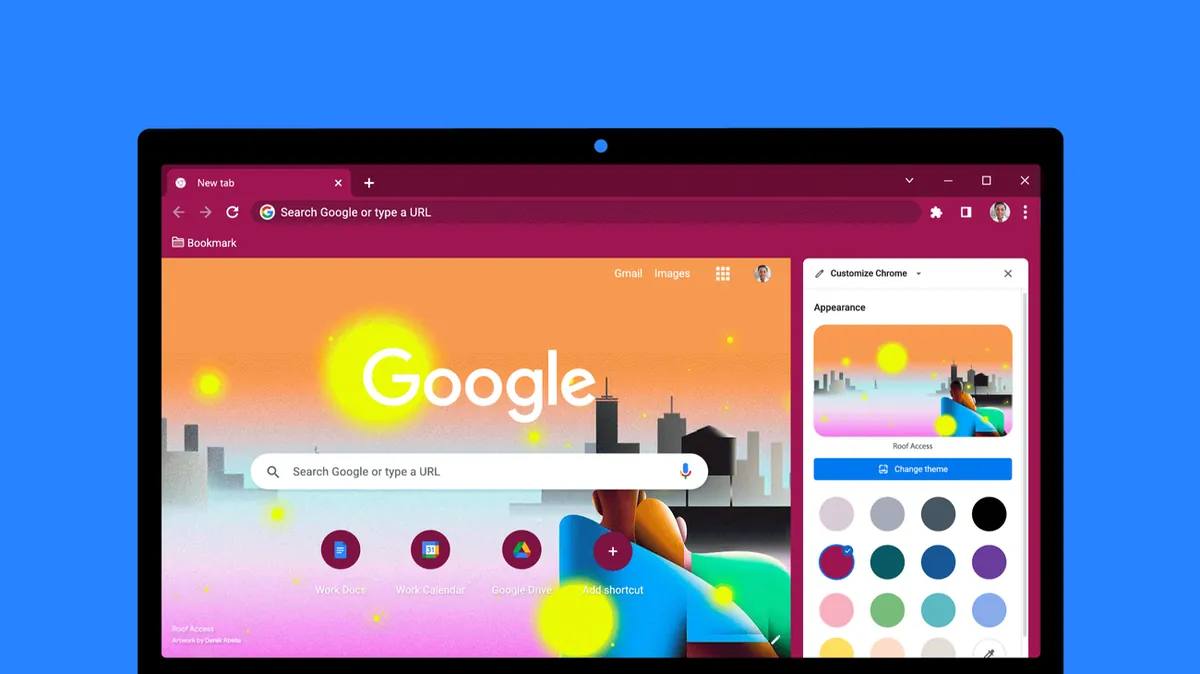Google Faces Chrome Data Collection Lawsuit Amid Legal Setbacks
Federal judges rule Google must face a lawsuit over Chrome data collection practices. This adds to recent legal defeats, including antitrust cases involving its app store and search engine business.

On Tuesday, August 20, 2024, a panel of federal judges determined that Google must confront a lawsuit regarding its Chrome browser's data collection practices. This decision overturns a 2022 federal district court ruling that had previously dismissed the case.
The U.S. Court of Appeals for the 9th Circuit in San Francisco has redirected the case back to the district level for trial. The lawsuit, seeking class action status, alleges that Google misled some Chrome users about data collection on their browsing activity. This legal challenge focuses on users who opted not to sync their Chrome activity with their Google account.
This ruling adds to a series of legal setbacks for Google in recent months. In December 2023, a San Francisco jury found the company in violation of competition laws concerning its Android app store operations. Earlier this month, a federal judge declared Google's search engine business an illegal monopoly. Google has appealed both decisions, but judges are preparing to enforce changes to the company's practices, potentially taking effect even during the appeal process.

The Chrome browser, first released in 2008, has become a dominant force in the market, holding over 60% market share as of 2024. This prominence has led to increased scrutiny of Google's data collection practices. The company, founded in 1998 by Larry Page and Sergey Brin, has faced numerous privacy concerns and lawsuits over the years, reflecting a broader trend of challenges to Big Tech's data handling practices.
The U.S. government has intensified its legal challenges against major technology companies in recent years. This includes actions against Amazon, Meta, and Apple, alongside Google. These efforts have gained momentum, contradicting earlier skepticism about the government's ability to effectively challenge these tech giants.
In the Chrome case, users allege that Google collected data on their internet activity despite their explicit decision not to sync their Chrome activity with their Google account. The appeals court judges noted a discrepancy between Google's marketing of Chrome's privacy features and the actual data collection practices.
"We disagree with the ruling and are confident the facts of the case are on our side. Chrome Sync helps people use Chrome seamlessly across their different devices and has clear privacy controls."
This case is part of a larger pattern of scrutiny facing Google, which processes over 3.5 billion searches per day and has expanded into various tech sectors since its founding. The company's growth, including acquisitions like YouTube in 2006 and the development of the Android operating system, has led to increased regulatory attention.
As Google navigates these legal challenges, the tech industry watches closely. The outcomes of these cases could significantly impact how major technology companies operate and handle user data in the future.


































